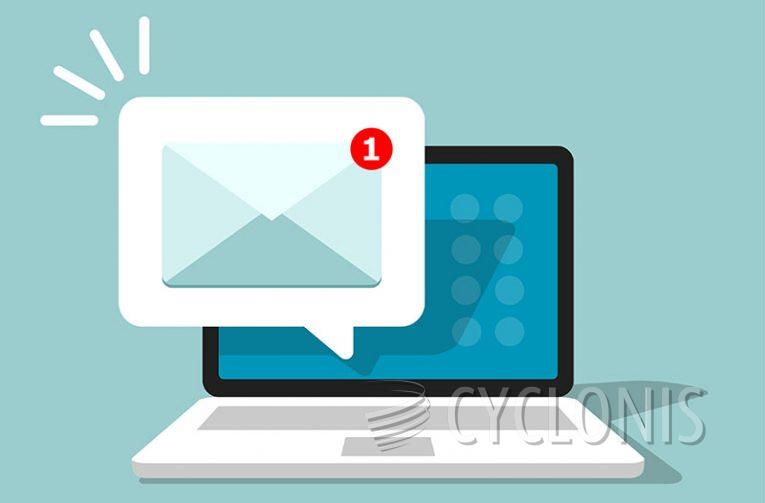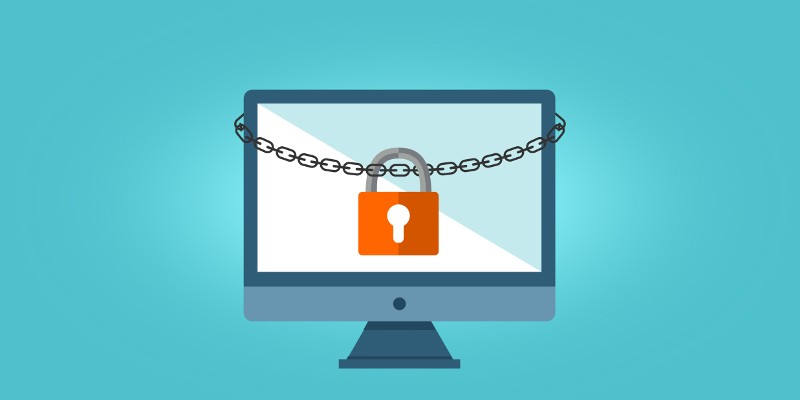'Webmail Password Center' Email Scam

After a thorough examination of the email in question, our team has determined that it is a case of phishing. The email is carefully crafted to deceive recipients by masquerading as a communication from an email service provider, specifically posing as Webmail. The main objective of the scammers is to trick unsuspecting individuals into visiting a fraudulent website and revealing their personal information.
The phishing email has a subject line that emphasizes the need for verification and appears to originate from the "Webmail Password Center". It claims that the recipient's email password is scheduled to be changed and urges them to take action to validate it and ensure uninterrupted service. The email provides the option to retain the current password by selecting "Keep Same Password".
Within the email, there is a statement indicating that it is addressed to a specific recipient. The underlying purpose of this phishing attempt is to entice recipients to access a counterfeit website and enter their personal details. Clicking the "Keep Same Password" button leads to a fabricated sign-in webpage.
The page displayed through this link prompts visitors to enter their email addresses and passwords for authentication. In reality, this page is created by the scammers with the intention of stealing login credentials. By obtaining these credentials, the scammers gain unauthorized control over the victim's email account.
This unauthorized access grants them the ability to read, delete, or manipulate emails, posing a significant threat to the confidentiality of sensitive information. The scammers may conduct extensive searches within the compromised email account to extract valuable data, such as financial records, personal documents, or login credentials for other platforms.
How Can You Tell an Email is a Scam?
Detecting email scams requires careful scrutiny and attention to certain red flags. Here are some indicators that can help you identify a potentially fraudulent email:
- Suspicious sender: Check the sender's email address for any abnormalities. Scammers often use email addresses that mimic legitimate organizations but may contain slight variations or misspellings. Be cautious of generic or unusual email addresses.
- Poor grammar and spelling errors: Emails from reputable organizations typically have proper grammar and spelling. Scammers often make mistakes, so watch out for grammatical errors, awkward phrasing, or typos in the email content.
- Urgency and fear tactics: Scam emails often create a sense of urgency to prompt quick action. They may use fear-inducing language, such as claiming your account will be suspended or legal action will be taken if you don't comply immediately. Legitimate organizations usually provide clear and professional communication without excessive urgency.
- Requests for personal information: Be cautious if an email asks you to provide sensitive information such as passwords, social security numbers, or financial details. Legitimate organizations typically do not request such information via email.
- Suspicious attachments or links: Avoid opening email attachments or clicking on links from unknown or suspicious sources. These can contain malware or direct you to fraudulent websites designed to steal your information. Hover over links to see the actual URL before clicking.








